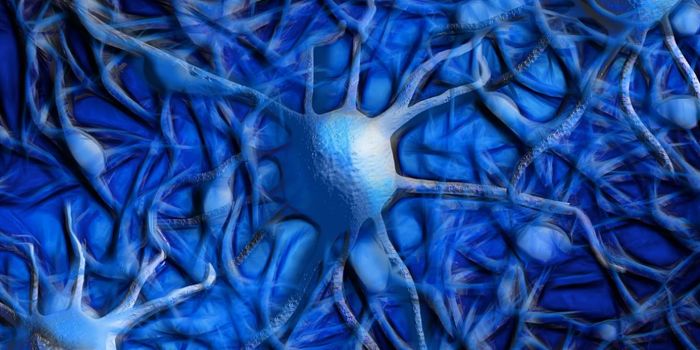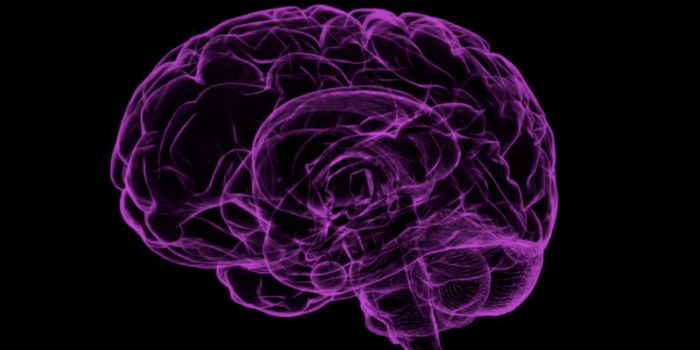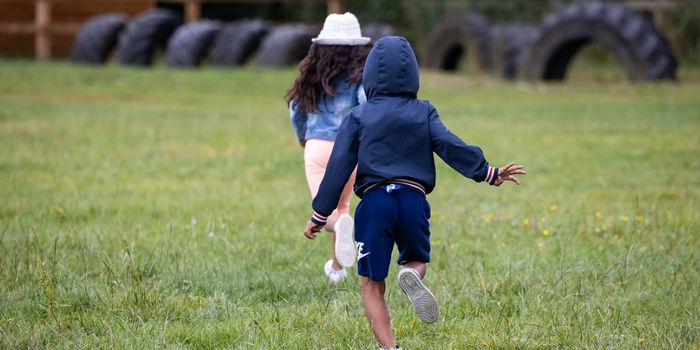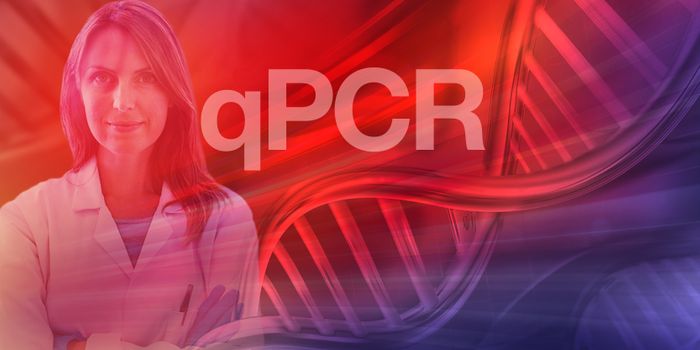How Are DNA Testing Companies Helping the Fight Against COVID?
One of the most puzzling characteristics of coronavirus is how some people develop severe symptoms and die from the disease, while others recover. But this observation proved helpful because now, scientists are looking into genetics as the potential clue to unraveling the secrets of the virus.
Genetic research and technology have undergone significant developments over the last decade. And perhaps the biggest beneficiary of these advancements are consumer DNA testing companies. Although most of these companies focus on ancestry, some use DNA tests to determine an individual’s risk factor to contract certain diseases.
What is the role of genetics in COVID-19 research?
Since there’s a general consensus that a person’s DNA can provide more information about resistance or susceptibility to coronavirus, even the best ancestry DNA test companies are eager to participate in research. Ancestry DNA tests aren’t only useful in building a family tree. The genetic information is useful in many aspects of medical research; hence it’s importance in COVID-19 studies.
According to reports, Ancestry.com and 23andMe have already launched studies focused on COVID-19. Their goal is to take advantage of the massive amount of collected genetic information so that they can find the answer to most of the questions that plague scientists about COVID-19.
In fact, both of these companies have already requested permission from users whose genetic information is already stored in their database. Also, people who’ve survived from the disease can voluntarily offer a sample so that the scientists can study how the virus affected them. Indeed, the human response to the virus is so unusual and varied that the only feasible solution is to look at genetic data.
Taking advantage of collected genetic data
According to recent statistics, there are more than 16 million people who’ve already used a commercial DNA test kit. And the companies that own these data pools know that the collected samples have excellent potential for medical research – hence the correlation with COVID-19. Determining whether specific genetic signals make a person immune or susceptible to the virus will push forward ongoing studies to develop treatment methods, vaccines, and drugs.
Fortunately, a good number of people who already used a commercial DNA test kit are willing to support COVID-19 research. Since many people are quite sensitive when it comes to their privacy, it’s good to know that when it comes to a worldwide emergency, there are still many who are willing to help. According to both 23andMe and Ancestry.com, the bigger the sample size, the more conclusive the results of their research.
What will happen after these studies?
What we know so far is that these studies aim to find genetic markers directly connected to a person’s response to the virus. For instance, what makes a person more susceptible to develop severe symptoms despite not having any of the known risk factors such as age and pre-existing medical conditions? Also, why are there people who contract the virus but never develop any symptoms? Another question is whether or not a person’s immunity to the infection lies in their genes.
All the answers to these questions will eventually get published and peer-reviewed. The medical community can either use the information to proceed with vaccine research or look at more effective treatment and therapy methods for the disease.









